Copyright 2021 by The University Press of Kentucky
Scholarly publisher for the Commonwealth, serving Bellarmine University, Berea College, Centre College of Kentucky, Eastern Kentucky University, The Filson Historical Society, Georgetown College, Kentucky Historical Society, Kentucky State University, Morehead State University, Murray State University, Northern Kentucky University, Spalding University, Transylvania University, University of Kentucky, University of Louisville, and Western Kentucky University.
All rights reserved.
Editorial and Sales Offices: The University Press of Kentucky
663 South Limestone Street, Lexington, Kentucky 40508-4008
www.kentuckypress.com
Some material in Chapter 1 has been adapted from its initial use in the authors article: The Foreign Politics of Opposition: Margaret Thatcher and the Transatlantic Relationship before Power, Contemporary British History, 24:1 (March 2010), 2342. The article can be accessed via: https://www.tandfonline.com/.
Some material in Chapter 2 has been adapted from its initial use in the authors article: I must brief you on the mistakes: When Ronald Reagan met Margaret Thatcher, 2528 February 1981, Journal of Policy History, 26:3 (2014), 27597. Reproduced with permission from Cambridge University Press.
Cataloging-in-Publication data available from the Library of Congress
ISBN 978-0-8131-5430-5 (hardcover : alk. paper)
ISBN 978-0-8131-5457-2 (pdf)
ISBN 978-0-8131-5459-6 (epub)
This book is printed on acid-free paper meeting the requirements of the American National Standard for Permanence in Paper for Printed Library Materials.
Manufactured in the United States of America.

Member of the Association of University Presses
Introduction
On the day of Ronald Reagans inauguration as president of the United States (19811989), the new president spoke with Margaret Thatcher, the British prime minister (19791990), about her upcoming visit to Washington, DC, the following month. Reagan commented: I look forward to talking to you on international issues... as well as the economic problems we face. That both leaders prioritized talks about foreign affairs and economic issues at their first bilateral summit reflected the sense of urgency in Anglo-American relations in dealing with malaise at home and crises abroad. Reagan and Thatcher were both elected in the context of difficult economic circumstancesnotably, high inflation and international challenges, such as the 19791980 Iranian Hostage Crisis and 1979 Soviet invasion of Afghanistanwhich both, of course, dealt a fatal blow to President Jimmy Carters hopes of being sworn in for a second term on January 21, 1981. When Reagan and Thatcher met before their partnership in power in London in 1975 and 1978, their conversations suggested that they shared political philosophies with regard to economic policy and outlook in the Cold War. Bilateral summits between the two leadersand multilateral summitry at, for instance, the G7 meetingswere opportunities to test whether a shared philosophy would lead to a commonality in policy. Instead, they showed that political allies and friends were as much of a concern as a countrys adversaries, as friends and allies could undermine domestic interests through economic and political decisions. Aspiring for the lofty heights of a Churchillian style Anglo-American relationship would prove complicated.
Indeed, just as Winston Churchill arguably laid down the gauntlet for Anglo-American relations in his speech at Westminster College in Fulton, Missouri, in 1946, he coined, if not popularized, the term summit in a
The study of summitry encapsulates a broad array of actors in international relations in an interconnected economic and political system.
The broader context of this book is the debate about the specialness of Anglo-American relations. Scholars have explored the development and influence of Anglo-American relations with regard to security cooperation, personal connections, overlapping national interests, common values, shared history, and broader Cold War concerns. In the context of this debate, this book is both a case study in summitry and uses summitry as a means to further understand the relationship between Reagan and Thatcher. It does so by exploring three central issuesand, thus, making three claimsabout (1) economic differences between Reaganism and Thatcherism, (2) the importance of domestic policies and politics at summits notionally focused on international affairs, and (3) the tensions between domestic economic policies and the globalized economy, particularly the global reach of the problem caused by the US budgetary deficit. These issues should be viewed within the context of general principles shared by Reagan and Thatcher, such as reducing the role of government in economic and social policy, coupled with liberating individuals as economic actors.
Reagans presidency was arguably defined by two key policiesfederal tax cuts at marginal rates and a dramatic military buildup (in conjunction with hardened rhetoric toward the Soviet Union, especially during his first term). Reagan wanted to restore Americas fortunes at home and abroad, therefore making America great again.
Thatcherism should be located in a specific time and was the result of problems in the British economy and industrial relations in the 1970s, which contributed to debates about the extent of national decline. However, as a set of ideas, it was pragmatic and adjusted to changing circumstances; the only constant was that it was about winning and maintaining political power. While Thatcher is often accused of attempting to roll back a postwar consensus in British public policy, she was essentially a defender of that consensus as it was expressed during the 1950s but did represent a desire to reverse the progressive consensus, which emerged during the late 1960s and early 1970s.
Thatchers determination to control inflation through a monetarist policy using high interest rates arguably induced the recession that the 1981 budget sought to address. For instance, in 1979 interest rates were increased to 15 percent, yet inflation still doubled to almost 22 percent during Thatchers first year in Downing Street. The decision to also abolish exchange controls in 1979 meant that the British economy became subject to the movement of global capital for the first time since 1939. Milton Friedman was critical of what both the British government and US Federal Reserve had actually implemented in the name of his monetarism theory. In fact, Thatchers reputation as an intransigent ideologue was more worthy of her later years in power, particularly her fixation on the politics of European integration and commitment to the Community Charge (lambasted as the poll tax)issues that ultimately proved to be her undoing. For the purposes of this study, Thatchers first five years in Downing Street were a period of economic turbulence. Nonetheless, they were also the beginning of the privatization program, which was a lasting economic legacy of Thatchers agenda. The sale of nationalized industries, by offering shares on the stock exchange, began with the sale of British Telecom in 1982 and, during the rest of the decade, the sale of Britoil, British Aerospace, British Petroleum, British Steel, Rolls Royce, British Airways, and major utilities, such as water and gas. The privatization of British Airways was subject to much tension at Anglo-American summits. Therefore, it is unsurprising that any decisions taken in Washington, DC, that may have complicated Thatchers economic policy and, in turn, political fortunes captured her attention.



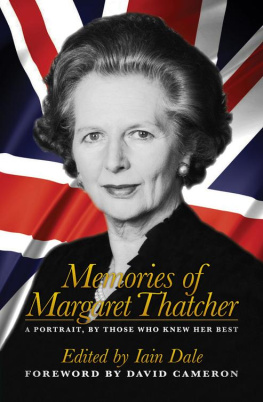
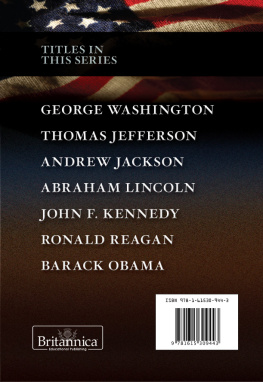
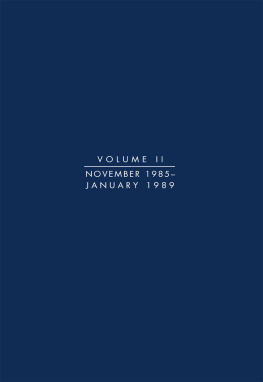
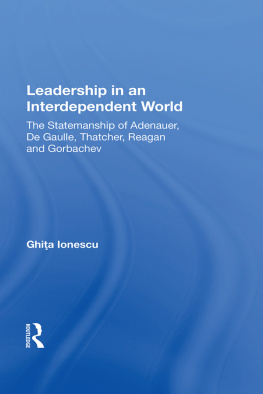
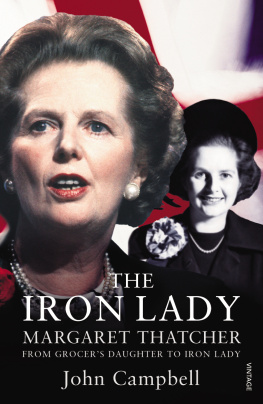
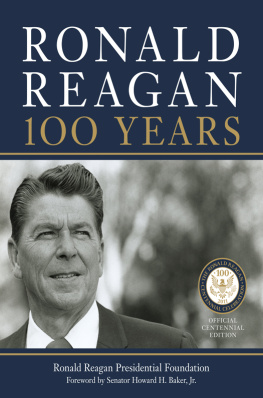
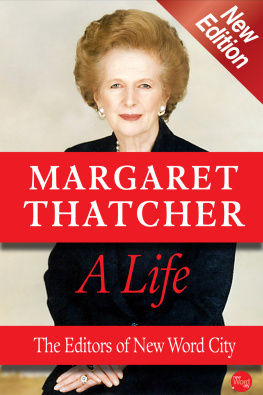
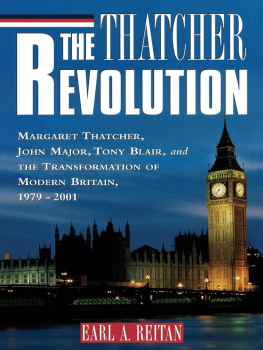
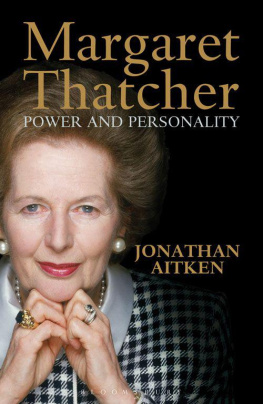


 Member of the Association of University Presses
Member of the Association of University Presses